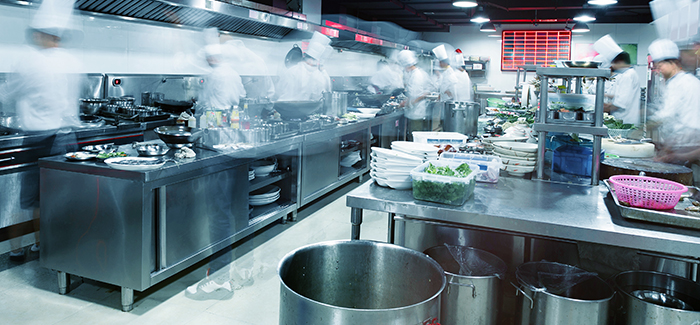
Whether you call them shared use, or community kitchens, culinary incubators are commercial spaces certified for food production. Members of the community kitchen can use the space, which is often rented by the hour or day, to produce food in an area that is already prepared to handle and cover all regulatory compliances. Many incubators will also bundle value-added services specifically geared towards the budget-minded or start up entrepreneur. These can range from training, packaging, printing or even access to crucial industry resources, like legal aid or business development training.
Starting a Commercial Kitchen Rental Business
In 2016, the “food movement” started to take hold, petitioning consumers to ask where their foods come from. This impact began to build tremendous support for local businesses such as restaurants, markets and even grocers. We saw the commercial kitchen as a viable business model for veteran restaurateurs and professionals to try something new.
Four years later and this is still as true as ever. An industry leading commercial kitchen can provide early stage foodpreneurs access to an array of high-quality equipment they would otherwise never be able to afford, or simply a cost-effective space to pad their margins as they start building a local presence. These locations can benefit a wide range of new and existing businesses, and are a great asset to food trucks, individuals, and small team bakers and chefs. Affordable rental rates have shown to turn home-kitchen dreams into a reality.
Is There a Recipe for Success?
Community kitchens can help brands gain a following and create a local splash with area events. Without a physical brick and mortar restaurant or food truck, open house events can introduce nearby residents to some of their neighboring food options without the traditional overhead of owning a space. While significant, that is only a stepping stone to business eventually growing enough of a following to lease their own space and set up shop in town.
In that vein, culinary incubators are business growth centers and an investment in the community.
As the industry matures, incubator kitchens have continued to show positive affects to the local economy and not just to the owners and professionals who use the space. These innovative kitchens are not just an injection of knowledge, expertise and funding into a community, they are enabling nutritionists, educators, chefs and food professionals to thrive within a low-risk environment.